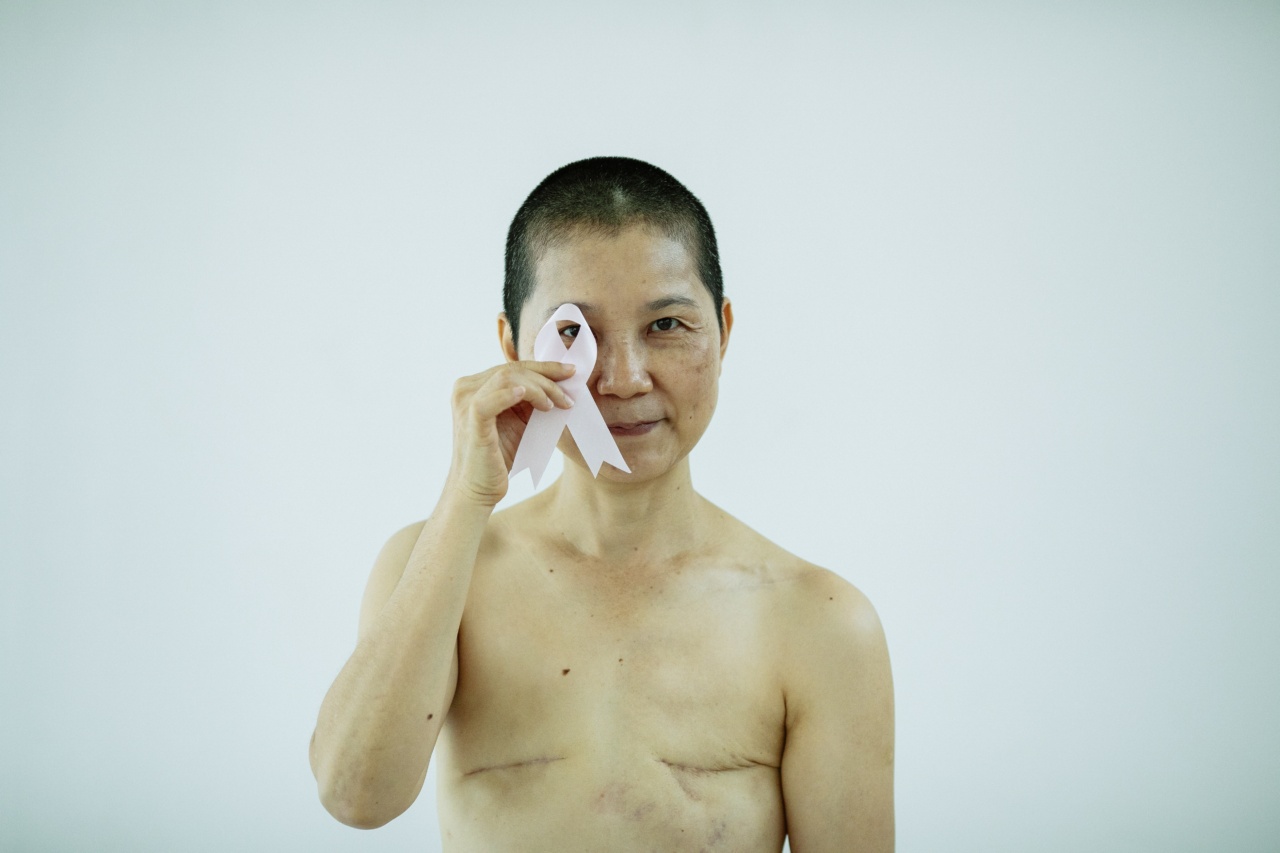Rectal cancer refers to cancer that begins in the rectum, which is a part of the large intestine. It is a common type of cancer and can be potentially life-threatening if not treated in time.
Treatment options for rectal cancer include surgery, chemotherapy, and radiation therapy. However, recent studies have shown that immunotherapy can also be a promising new treatment option for rectal cancer.
Understanding Immunotherapy
Immunotherapy is a type of cancer treatment that uses the patient’s own immune system to fight cancer cells. It works by stimulating the immune system to recognize and attack cancer cells in the body.
There are different types of immunotherapy, but the most commonly used ones include checkpoint inhibitors, CAR-T cell therapy, and cancer vaccines.
Checkpoint inhibitors are drugs that target proteins on cancer cells that prevent the immune system from attacking them.
CAR-T cell therapy involves taking a patient’s immune cells, modifying them in a lab to specifically target cancer cells, and then infusing them back into the patient’s body to attack the cancer. Cancer vaccines work by training the immune system to recognize and attack cancer cells in the body.
Immunotherapy in Rectal Cancer Treatment
In recent studies, immunotherapy has shown promise in treating rectal cancer. In a clinical trial, patients with advanced rectal cancer received immunotherapy drugs known as checkpoint inhibitors.
The drugs helped activate the immune system to recognize and attack cancer cells in the body.
Another study involved treating patients with rectal cancer using CAR-T cell therapy. In this study, the researchers extracted immune cells from the patients and then modified them to recognize a protein found on the surface of rectal cancer cells.
The modified cells were then infused back into the patient’s body. The treatment led to the elimination of the cancer cells in a significant number of patients.
Benefits of Immunotherapy in Rectal Cancer Treatment
Immunotherapy offers several benefits in treating rectal cancer. Compared to traditional treatments such as chemotherapy and radiation therapy, immunotherapy has fewer side effects.
This is because immunotherapy drugs target specific proteins on cancer cells, reducing the damage to healthy cells in the body. Additionally, immunotherapy can be more effective than traditional treatments, especially in patients with advanced rectal cancer where traditional treatments may not work.
Challenges of Immunotherapy
Despite the promise of immunotherapy in treating rectal cancer, there are some challenges to its use. Firstly, not all patients respond to immunotherapy, and it can be difficult to predict which patients will benefit from the treatment.
Secondly, immunotherapy drugs can be expensive and may not be covered by all insurance plans. Finally, some patients may experience side effects such as fatigue, fever, and skin rashes. However, these side effects are often mild and can be managed with medication.
Conclusion
Immunotherapy has emerged as a promising new treatment option for rectal cancer. It offers several benefits over traditional treatments, including fewer side effects and greater effectiveness.
However, there are also challenges to its use, including high costs and unpredictable patient responses. Overall, immunotherapy has the potential to revolutionize the treatment of rectal cancer, and more research is needed to explore its full potential.





















